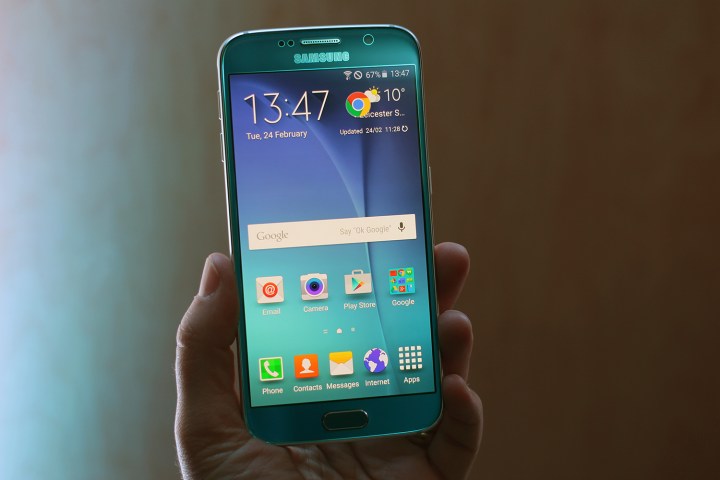
The new feature doesn’t automatically block ads however. Users will need to install an ad blocker app from Google Play. Adblock Fast and Crystal are the first two compatible apps. AdBlock Fast is already available on iOS and desktop versions of Chrome and Opera. It has over 200,000 users and is free to install. Crystal is also available on iOS.
Updated on 02-09-2016 by Robert Nazarian: Added in news that Adblock Fast is back in Google Play.
Rocketship, the company behind the app that partnered with Samsung, immediately appealed Google’s decision to pull Adblock Fast from the Play Store with positive results.
Google sent the developer the following response in an email on Friday, February 5: “We’ve accepted your appeal and your app has been reinstated. For the app to appear on the Play Store, you’ll need to sign into your Developer Console and submit your app again.”
Adblock Fast was officially back in Google Play as of Tuesday, February 9, and you can download it here. Rocketship also updated the app to version 1.1.0, extending support to version 4.0 of Samsung’s Internet app.
Shortly after Samsung launched ad blocking capabilities to its browser, Rocketship confirmed with Digital Trends that Google removed its app from the Play Store on February 2.
Adblock Fast’s website has even been updated to say, “Find out when Adblock Fast is back in Google Play!”
Rocketship developer Brian Kennish says the company has yet to hear “anything from a human being at Google.” The startup forwarded emails sent by the search giant that essentially said the app violates section 4.4 of the Developer Distribution Agreement.
Section 4.4 states that developers cannot “engage in any activity with the Store, including the development or distribution of Products, that interferes with, disrupts, damages, or accesses” other third party developers and users.
The email did say if the developer believes the rejection is in the wrong, that a representative will get back in touch within two business days. The company received another email that offered the same information on why the app was rejected.
We have reached out to Google, and will update when they respond. It seems as though Crystal and Adblock Plus, which just went live, are still available content blockers for Samsung Internet, so it’s unclear why Adblock Fast was singled out in this rejection.

One of the biggest reasons to use ad-blocking software is speed. For example, using the Adblock Fast app along with the Samsung Internet app decreases load times on Android by about 51 percent. The other big advantage is that less data is consumed, which extends those data caps.
Unfortunately, ad blocking support is only compatible with Android Marshmallow, which means that only a handful of Samsung users can enjoy it. Samsung does plan on adding it to Lollipop devices in the coming months though.
It’s unclear how popular ad blocking is with consumers. Ad blocking apps were ranked highly when Apple first introduced that functionality with iOS, but the ranking for them has since dropped. And mainstream consumers aren’t jumping on board just yet.
It’s important to point out that ad blocking is only allowed with the Samsung Internet app, not with Google’s Chrome browser, which also comes pre-installed on Samsung phones. The Chrome browser doesn’t support ad blocking, and it probably won’t for sometime. Ad revenues play a significant role in Google’s profitability, but do not for Samsung and Apple.
Android users who don’t have a Samsung device will soon have the ability to use the Brave browser, which was created by former Mozilla CEO Brendan Eich. It’s a browser with built-in ad blocking capabilities, but it will support publishers. The app is now in beta testing for both Android and iOS.
Previous updates:
Updated on 02-03-2016 by Julian Chokkattu: Adblock Fast has been taken down from Google Play.

